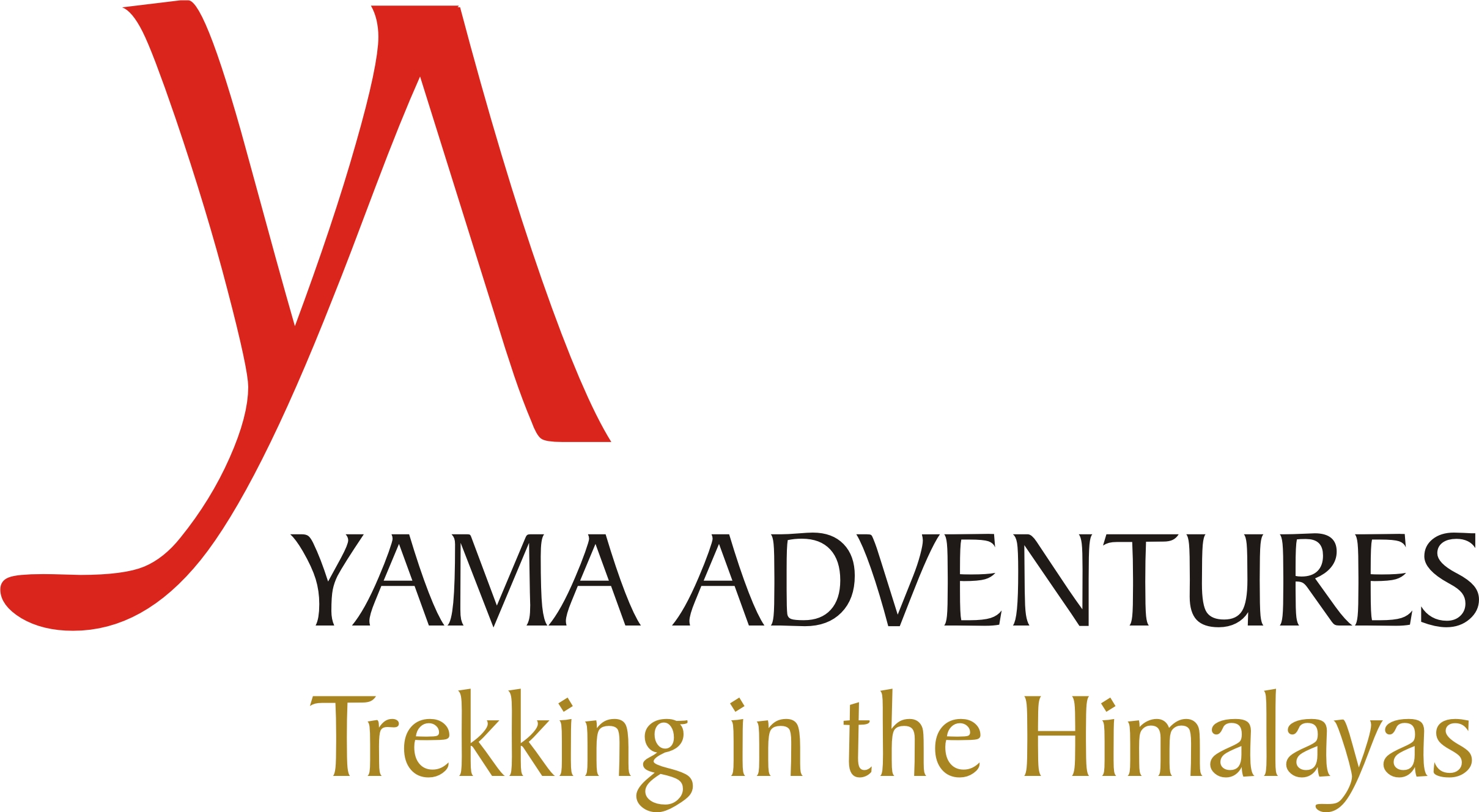




THE ZANSKAR RIVER
The Zanskar River journey will thrill you with fine whitewater, awe you with dazzling scenery, and immerse you in the entrancing Buddhist culture. Our adventure covers most of western Ladakh, with its ancient monasteries, palaces, and villages, using four-wheel-drive vehicles and our feet, but mostly our rafts. From the plains of Delhi to the heights of the Zanskar Mountains, from remote Buddhist lamaseries tucked away in cliffs rising sheer above the spirited river to the wonders of the old trading post of Leh, you’ll enjoy a multi-faceted display of the attractions that gave rise to the myth of Shangri-La.
DAY BY DAY ITINERARY
This trip begins with a rendezvous at the airport in Delhi, India, on Day 1. We recommend a morning or mid-day arrival to allow time to rest from the flight and see a little of Delhi. Even better, extend your stay by arriving early to explore Delhi’s many attractions or Agra’s Taj Mahal.
DAY 1: ARRIVE IN DELHI
Our Local representative will greet you at the international airport and take you to your hotel.
DAY 2: FLY TO LEH
You will have an early morning transfer to the domestic airport for the flight up to Leh. This surely is one of the most sensational flights in the world, taking you right over the top of the Greater Himalaya before dropping down in a series of steep turns, to land at the small military airport at Leh. The flight time is about 1 hour. You will be met on arrival and driven through Leh to check into your Hotel. Leh is at an altitude of 11,500 ft and therefore we recommend that the rest of the day is spent resting to help adjust to the altitude.
Day 3: LEH – KARGIL
Today we drive for about six hours to Kargil, passing through a spectacular moonscape. We drive over the Fotu La (4242m/14,000ft), a high mountain pass, and exit the Indus valley to enter the Suru valley. En route, we visit Lamayuru monastery, a major landmark on the old silk route. Legend has it that a lake behind the monastery, which was drained by the sage Naropa so the monastery could be built, once filled Lamayuru village. Spectacularly set on the mountainside, the 10th-century monastery belongs to the old Tibetan Drikung Kargyu Schools. We’ll also stop at Mulbek Mytra Gonpa, which was founded in 2nd century and is carved on a rock face . We will overnight in Kargil B,L,D…D’Zozila Hotel
Day 4: KARGIL – RANGDUM
Today we’ll take a spectacular 6- to 8-hour drive past the villages of Panikar and Parkachik, with magnificent views of the 7,100-meter 23430 feet Nun and Kun massifs, hanging glaciers, and large meadows. Our destination is Rangdum Gompa (3636m/12,000ft), founded in the early 16th century and currently home to about 40 monks. Rangdum has a small “museum” with fine artifacts. It is perched picturesquely atop a centrally rising hillock within the arms of a bifurcated mountain stream. We’ll camp nearby. B,L,D…Camp
Day 5: RANGDUM – REMALA
We drive six hours further to Remala (11,926′), the starting point for the rafting trip on the Doda River, a tributary of the Zanskar. Our drive takes us over the Pensi La (14,500′), which affords us grand views of the Zanskar peaks and the Drong Durong glacier that feeds the Zanskar River 25 miles below, into which we venture the next day. B,L,D…Camp
Day 6: REMALA – KARSHA
(11,470′) The rafting expedition begins today! After a safety and orientation session, we put in on the Doda River and raft to Karsha Gompa, near Padum, a journey of about 18 miles (five hours). We ease into the rhythm of the river with gentle Class II rapids, a good introduction for first-timers. And the scenery is no less inviting—we’re surrounded by 19,000-foot-high peaks of startling beauty! After settling into camp in the afternoon, we take a hike to Karsha Gompa, a 15th-century monastery clinging to steep cliffs, and whose abbot is a brother of the Dalai Lama. Three chapels contain numerous statues and other art objects, among which is a set of exquisite silver and copper chortens. Of particular interest is a large temple accessible through a vent in the roof, where frescoes believed to be more than 300 years old adorn the damaged walls. B,L,D…Camp
Day 7: KARSHA – PIDMU
Following a leisurely morning start, we raft about 18 miles from Karsha to Pidmu (11,027′). The river begins to speed up, and we’ll enjoy more Class II rapids and some Class III. After settling into camp in mid-afternoon, we visit the nearby villages of Pidmu and Hanumil. The landscapes continue to be otherworldly, and the cultural interaction with villagers who rarely see outsiders is fascinating. B,L,D…Camp
Day 8: PIDMU – NYERAK
After packing camp, we raft 12 miles to Nyerak (10,781′) through a section of Class III whitewater and into the amazing depths of the breathtaking Zanskar gorge, a mini–Grand Canyon that never ceases to amaze. B,L,D…Camp
Day 9: NYERAK – LAMAGURU
Today’s 20-mile run takes us from Nyerak to Lamaguru (10,466′)—a great day for whitewater with fairly continuous Class III rapids and even a Class IV section where the river squeezes through a narrow 15-foot gap. We stop for lunch near a waterfall at the confluence of the Markha and Zanskar Rivers. A landscape of colorful rock formations and deep gorges combine to make this one of the most scenic days on the river. B,L,D…Camp
Day 10: LAMAGURU
Day 11: LAMAGURU – NIMO
Twenty-five miles of thrilling Class III rapids brings us to the confluence of the Indus and Zanskar Rivers at Nimo. We camp just before the confluence. B,L,D…Camp
Day 12: NIMO – ALCHI – LEH
Our last day on the river! We raft for approximately 15 miles through Class III/IV rapids from Nimo to the take-out at Alchi. From Alchi we walk up to the treasure-filled 11th-century monastery to view the exquisite frescoes and wood carvings, and walk through its temples, towers, chortens, and gateways. Over 11 centuries old, profusely painted walls depict the events of the Buddha’s life, lamas, and musicians. Its murals, which date from the 11th and 12th centuries, pre-date the Tibetan style of painting present in all the other gompas. Some of them are reminiscent of the paintings in the far-off Ajanta caves and are presumed to be almost the sole survivors of Tabo in Spiti of the Buddhist style current in Kashmir during the first millennium A.D. We return to Leh for dinner and overnight. B,L,D…Spic ‘n Span Hotel or similar
Day 13: LEH
Today we’ll enjoy a sightseeing tour of some of the area’s magnificent monuments. Leh Gompa is situated above the Leh Palace and was built in 1430. It contains a 45-foot-high statue of the Buddha (which the Ladakhi call Chamba). According to the lamas, this splendid statue is the future Buddha, and a butter lamp burns day and night in front of it. The Stok Palace Museum is across the river from Leh, a one-hour drive away. The palace houses a museum of artifacts associated with the dynasty, and there is also a small gompa. The museum in the Stok Palace is a showcase of the royal thankas, and the collection of turquoise headdresses worn for the royal wedding is the most impressive in Ladakh. The small monastery at Shankar harbors accomplished modern tantric murals and a thousand-headed Avalokitesvara deity. It has innumerable collections of small gold statues and many interesting paintings. It is well lit and can be visited in the evening as well. B,L,D…Spic ‘n Span Hotel or similar
Day 14: LEH – DELHI
Early morning transfer to the airport for your flight to Delhi. In Delhi you will be met at the airport and transferred to the hotel. The rest of the day is free to see the sights of Delhi on your own, or to join an optional city tour (the cost is $26). This tour begins with a visit to the Jama Mosque, built in 1650, followed by a drive past the breathtaking Red Fort (1639-48), built by Shah Jehan, creator of the Taj Mahal. Then we proceed on to Raj Ghat, the memorial to Mahatma Gandhi. In the afternoon, the tour continues with a drive past Safdarjang’s Tomb (1753) and a visit to the 236-foot-high Qutab Minar, the most perfect of towers of the Persian world. Within the Qutab complex, amidst the ruins of Quwat-ul-Islam mosque, stands the iron pillar that has stood the variances of weather and has not rusted in more than 1500 years. The drive through New Delhi includes the Embassy area (Diplomatic enclave), Government buildings, India Gate, Sikh Temple (Bangla Sahib Gurudwara), Birla Temple, and Connaught Place, New Delhi’s main shopping area. We top the day off with a group farewell dinner. B,D…Nikko Hotel or similar
Day 15: RELAX IN DELHI
International flights usually leave after midnight, so sleep in and relax. Leave for the airport about 10 pm. B…
Day 16: FLY HOME
LAND COST
on request
What’s Included:
- Hotel accommodations with breakfast.
- Camping accommodation as per the program with all meals during the treks.
- Mule drivers and mules during the trekking.
- All monastery entrance fees, wild life fees and camping fees.
- Hindi/English-speaking guide.
- Service of cook and attendants during the trekking.
- All camping equipment including North Face or equivalent sleeping tent, foam mattresses, mess tents, dining tent & toilet tent
- All transportation from pick up from the Delhi Airport to departure.
What’s Not Included:
- Medical and evacuation insurance
- Miscellaneous expenses and tips for the staff
- Alcoholic and non-alcoholic drinks and food in Leh and Delhi.
- International Air ticket to and from Delhi.
- A single supplement.
- Laundry and other services not mentioned in the package. If you need any arrangement Please let us know.
- Trip cancellation, travel delay or baggage loss insurance
- Charges incurred as a result of delays, natural calamities beyond the control of Yama Adventures
IMPORTANT TREK NOTES
Whilst every effort is made to keep to the above itinerary, clients will hopefully appreciate that this is Adventure Travel in a remote mountain region. There will quite likely be changes to the itinerary in terms of anything from on-the-spot choice of campsite to when a rest day is taken. Weather conditions, road conditions, vehicle breakdowns off the beaten track, local availability of, horses or yaks, can contribute to the need for changes. The Trek guide will do everything in his power to see that you are inconvenienced as little as possible in such circumstances. Timings are approximate.


